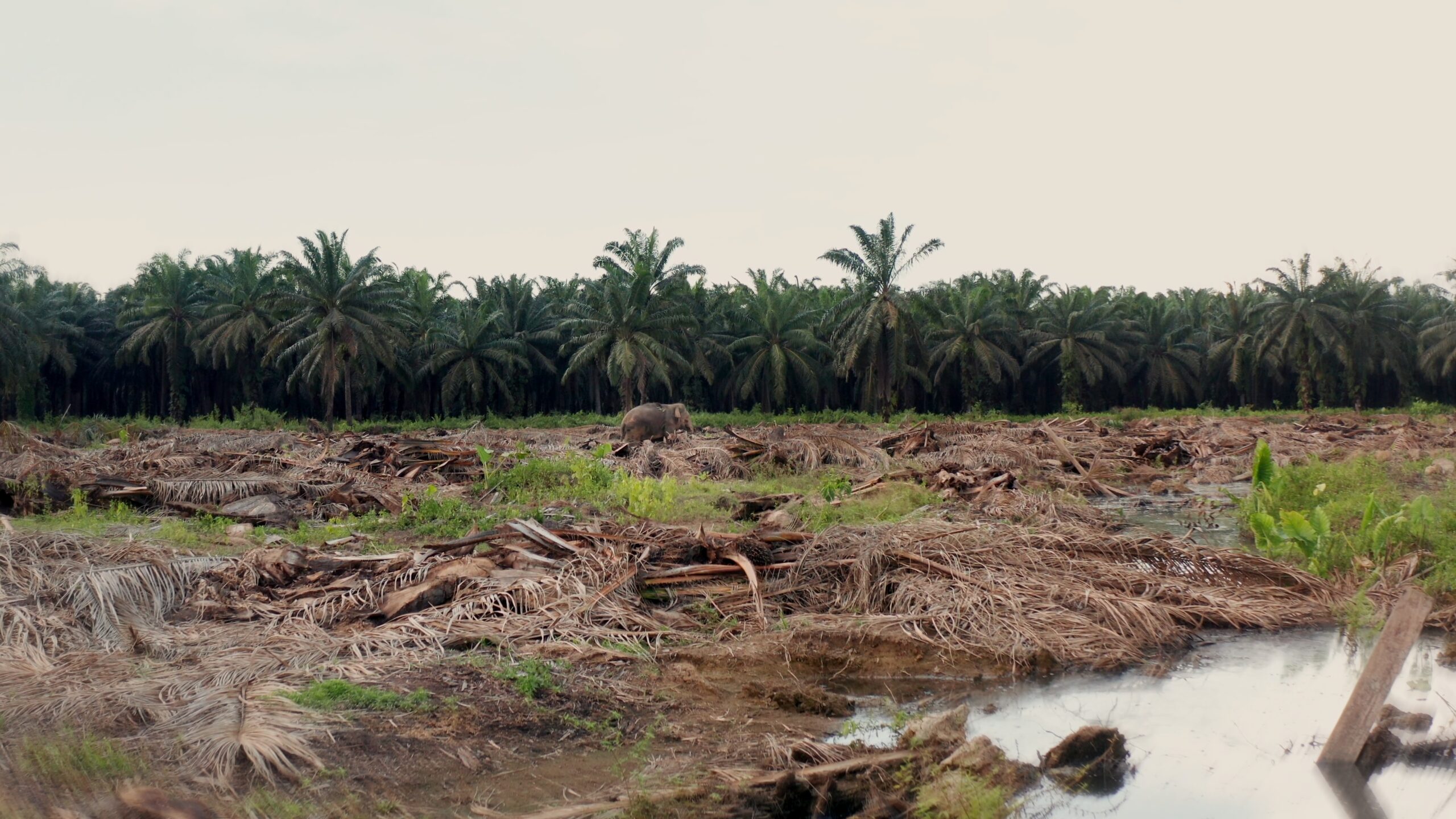Climate & Biodiversity
A large majority of surfactants in soaps, cosmetics and detergents are made from fossil fuels or a combination of fossil fuels and palm or palm kernel oil. At NorFalk, we create bio-based surfactants. Our process requires much lower temperatures, which drastically reduces the emitted carbon emissions compared to current manufacturing practices.
Palm oil is one of the most widely produced edible oil in the world. This high demand for palm oil has led to the rapid expansion of palm oil plantations, which often involves the clearance of vast areas of tropical rainforest.
Deforestation contributes to climate change and biodiversity loss. When forests are cleared for agriculture or other land uses, the carbon stored in the ecosystem is released into the atmosphere, contributing to global warming.

First, the crude oil is drilled from the subsoil, after which it is processed through energy-intensive processes into platform chemicals. These chemicals are then used as raw materials for the production of surfactants.
First, the crude oil is drilled from the subsoil, after which it is processed through energy-intensive processes into platform chemicals. These chemicals are then used as raw materials for the production of surfactants.

Palm tree plantations between 2000 – 2010 have alone accounted for 2 million ha deforestation which accounts for 1.8 billion tons CO2 equivalents of greenhouse gas emissions. Deforestation and establishment of palm plantations leads to destruction of some of the most biodiverse areas in the world. New alternative raw materials, as well as innovative, bio-based technologies to produce surfactants, are needed.


Nicklas Nørgaard
CTO, NorFalk